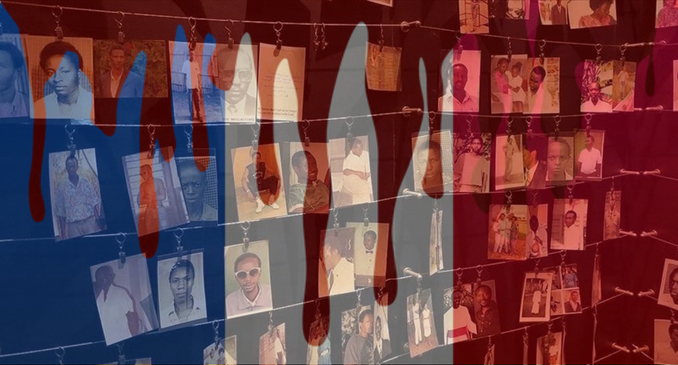
Eight decades after French colonial forces executed West African soldiers in Thiaroye, Senegal intensifies demands for full accountability and historical transparency. The December 1944 massacre, involving hundreds of African veterans who served France during World War II, remains shrouded in controversy regarding casualty numbers and circumstances.
Current commemorations highlight persistent tensions between official French accounts and historical evidence. Presidential acknowledgment characterizes the incident as resulting from wage disputes, while historians present evidence of systematic execution of unarmed soldiers, with estimated casualties reaching four hundred.
Descendants of victims, including elderly relatives seeking closure, continue pressing for complete disclosure of military archives. Critical documents regarding mass grave locations and troop numbers remain inaccessible, complicating efforts to establish definitive historical records.
Senegalese leadership implements comprehensive memorial initiatives, including curriculum integration, research center establishment, and national Remembrance Day designation. These efforts reflect broader regional shifts in Franco-African relations amid declining French influence throughout West Africa.
Presidential statements emphasize truth-seeking objectives while avoiding inflammatory rhetoric. However, divergent interpretations persist between French diplomatic characterizations and Senegalese assessments regarding premeditation aspects of the massacre.
The anniversary commemorations attract regional leadership attendance, signaling broader African interest in colonial legacy examination. Memorial plans include infrastructure development and educational programs designed to preserve historical memory for future generations.
This renewed focus on historical accountability reflects evolving diplomatic dynamics, as former colonies reassess relationships with previous colonial powers while maintaining constructive dialogue regarding shared historical narratives.
